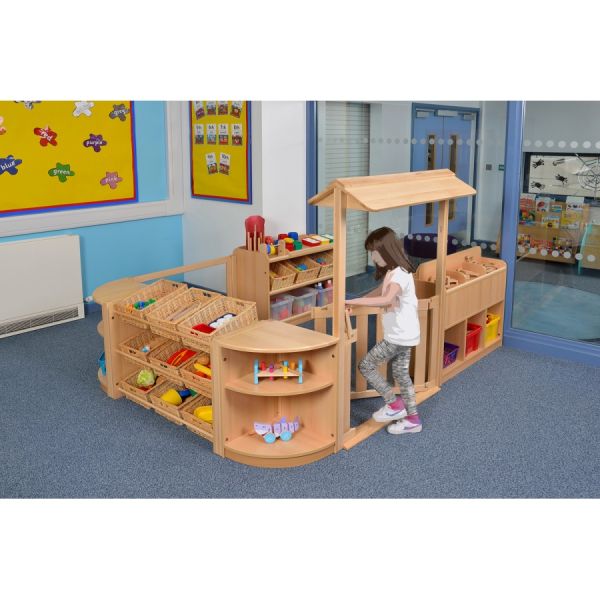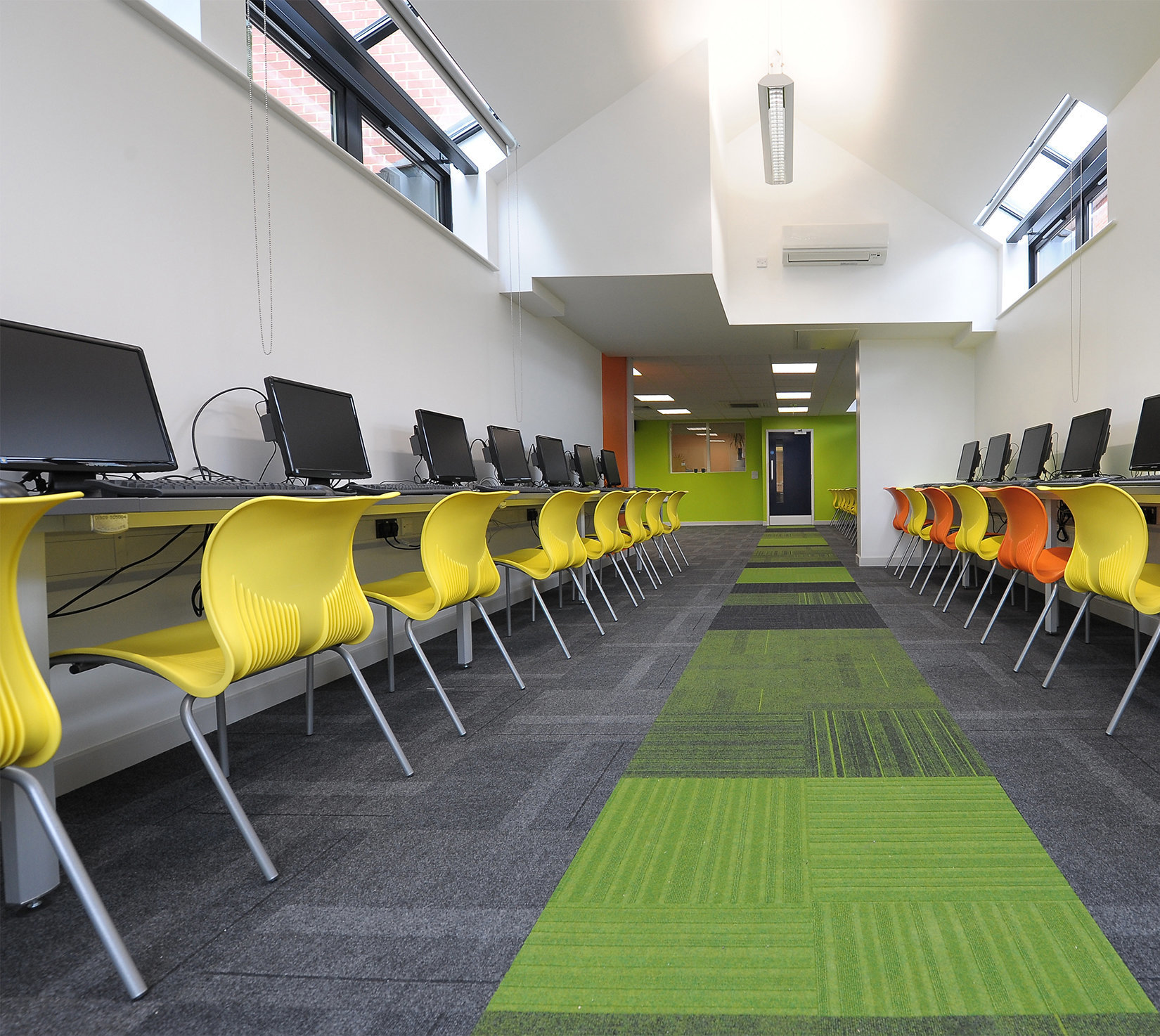How Does Role Play Help Children's Development?

Role play is learning through playing. This simple type of pretend play where the child will get into a character and act out a role in a real life context can be a key factor to child development and learning. It is an active and social activity which allows the child to reflect and develop their knowledge of a topic.

Summarising the key benefits, role play:
- Develops communication and language skills;
- Allows children to act out and make sense of real life situations;
- Allows children to explore, investigate and experiment;
- Encourages children to empathise and understand different perspectives;
- Allows children to gain knowledge of different cultures;
- Encourages children to express their ideas and feelings in a calm relaxed environment;
- Develops awareness of themselves and others;
- Gets children to learn more as learning is a disguised play;
- Encourages children to be creative and imaginative.
- Wearing costumes and using props;
- Moving about and using energy;
- Putting themselves into someone else’s shoes;
- Communicating and making decisions while acting the character.
Role play allows children to take risks and explore different topics. It also demonstrates to the teacher or a parent that where the children are acting out what they have learned, they have memorised and gained knowledge from what they have been taught.
As mentioned before, role play sessions tend to be a reflection of real life context. This allows the children to make sense of the world around them. Setting up doctor’s rooms, supermarkets, police stations or even swimming pools indoors or outdoors will allow children to explore these real life contexts. Role play can also enhance a child’s mathematical skills too. For example, leaving paper or pads and pens or pencils to write with will encourage the child to write or make marks without a fear of getting something wrong.
When setting up a supermarket children could write a shopping list of things they would need to buy to eat and the quantity of the item they would need. As they would pretend to buy the items and collect the correct quantity of them, this would encourage children to practice counting for a purpose other than an exercise in the classroom.
It is important to get children to help you to set up the role play scene or area for them to enjoy playing in, as they are more likely to take interest, understanding and responsibility for it.

Leaving the children to play on their own will make their imagination take off, but it is also good to have your presence in the scene from time to time too. This is because children learn quickly of positive and negative impacts of their actions in role play through reaction of adults as well as their peers. For example if the child starts being aggressive and starts hitting the dolls or teddy’s as part of their role play, you can let them know that this behaviour is inappropriate and show them a better way they could act.
Children must understand that the role play session and area is for them to enjoy, but they also have to understand that there are rules too. For example, if a child starts damaging the equipment then there is going to be nothing for them to play with later, or if they start pushing or hurting other children then they will have fewer friends to play with.
Role play tends to assist in learning another language, for instance where English is an additional language as well as for native English speakers. A child can also repeat what their parents say around them or make up their own sentences too. As well as vocabulary and language, toddlers tend to develop communication skills as they communicate to each other in a safe environment.
Learning through role play is highly important in the UK and is included within the Early Years primary classrooms and nursery schools curriculum. Role play areas are almost universal in pre-school nurseries. These are often decorated to suit different topics and props are left out for children to use and explore. The classic themes are doctors and nurses, police and fireman, teacher and pupils and family members such as mum and dad.
Role play provides great opportunities to develop a huge range of skills for children of all ages in a number of areas in the curriculum. For example numbers, history, language, culture and many other areas.
At Springfield, you can draw on 40 years of experience supported by a comprehensive design and planning service to create a truly great learning environment for you and your students. For advice, recommendations and a free no-obligation quote, give us a call on 0117 972 9320

